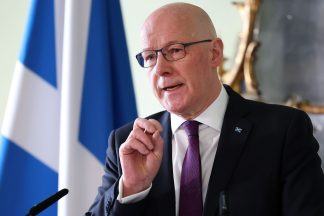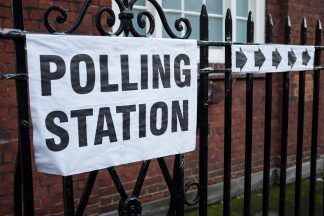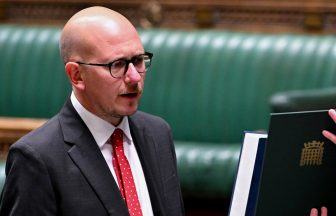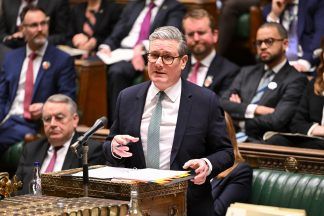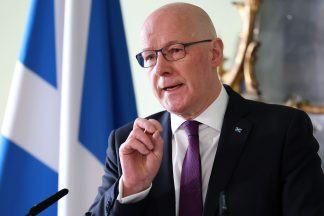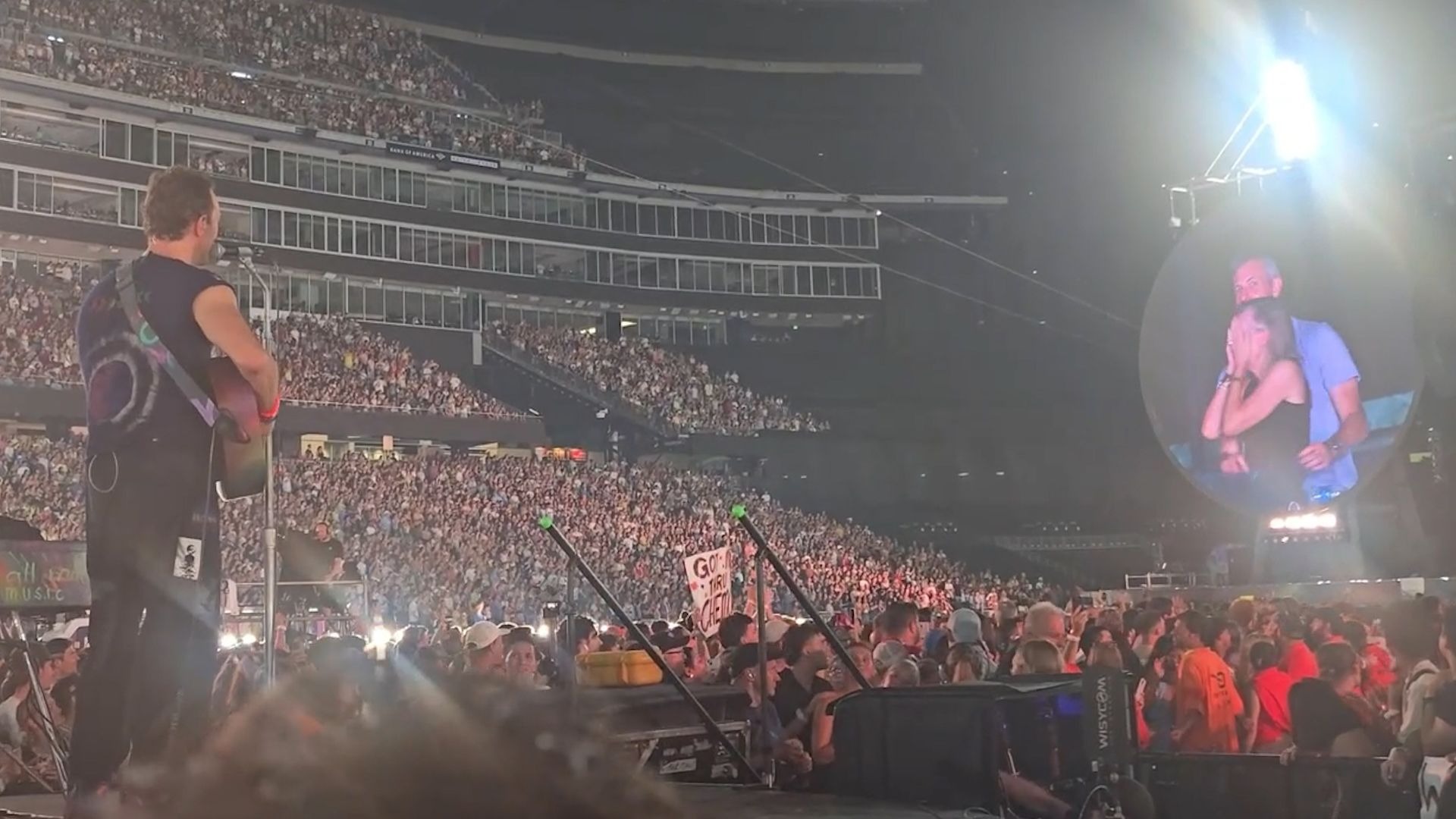Last Sunday in Aberdeen, the SNP backed a new strategy on delivering Scottish independence. It might be called the strategy of ever-diminishing mandates.
The conference resolution that was passed said: “If the SNP subsequently wins a majority of the seats at the general election in Scotland, the Scottish Government is empowered to begin immediate negotiations with the UK Government to give democratic effect to Scotland becoming an independent country.”
Should Westminster refuse to enter such negotiations then “consideration should be given to fighting the next Scottish Parliament election in 2026 as a de facto referendum on independence; and that a majority at that election for the SNP – or the SNP and any other party with which we have reached a pro-independence agreement – will be considered a mandate to negotiate independence”.
The new position might have united the conference and brought together individuals who have not seen eye-to-eye on “next steps” but it nevertheless seems to me to be no more realistic than previous attempts to move the constitutional dial.

In a sense, the party and the government are in a bind not of their own making or choosing.
The Supreme Court made it clear the only legal route to an independence referendum is one that is agreed with Westminster.
In the absence of such an agreement, there will be no referendum since successive first ministers have made it clear holding an illegal poll is not an option.
The ‘declaration of Aberdeen‘ passed at the weekend is meaningless since Westminster will simply ignore the result of the election as it has in the past.
Faced with the repeated chorus from Westminster that no agreement will be forthcoming, the SNP will now seek victory at the next general election as a means of overcoming the current standoff.
In practice, that means if the party wins 29 seats next year, it will seek formally the powers to hold another referendum. It is, quite frankly, pie in the sky stuff.
Let’s tease this out.
If they win 29 seats on say 35% of the vote, the SNP position is that this is sufficient to pursue constitutional change.
In such a poll it is likely that well in excess of 50% of voters will have cast a ballot for unionist parties.

For a party that believes in the sovereignty of the people, this is a peculiar line. If sovereignty rests with every voter, then this strategy would be tantamount to starting talks for an outcome the majority have voted against.
The “declaration of Aberdeen” passed at the weekend is meaningless since Westminster will simply ignore the result of the election as it has in the past.
Whether you use seats won or vote share or both as the basis for defining and claiming a mandate, what is clear is that this new approach seems to enshrine the principle of ever decreasing mandates.
The year after the independence referendum of 2014, the SNP won 50% of the vote and 56 out of the 59 Westminster seats in the biggest landslide in Scottish electoral history.
Emboldened by this tsunami of support and turbo charged by demands for another referendum the SNP continued to dominate.
In 2016 at the Holyrood elections, they won 46.5% of the vote and 63 seats in the Scottish Parliament.
At the 2017 UK General Election, they were again the victors but fell back to 35 seats on a 37% vote share.
In the 2019 Westminster poll, they went back up to 48 seats on a 45% share of the vote.
At the Holyrood election in 2021 they won 64 seats on a 48% vote share.
In the UK and Scottish system of government a mandate is normally given to a party if it wins an election and forms a government even if it is elected on a minority of the vote.
A government democratically elected is entitled to pursue what is in its manifesto. The mandate emanates from winning an election even if the imperfections of a voting system deliver a government on a minority vote share.
Now a mandate for the election of a UK government comes as a result of the votes of all of the UK.
The SNP can never enforce a Scottish made mandate at Westminster since they can never form a government.
The SNP is quite right to say that on the basis of winning elections, they have had umpteen victories on which to demand a second referendum.
This is particularly true of the Scottish Parliamentary victories in 2016 and 2021.
They have been unable to pursue their indyref2 demands because the current constitutional settlement imprisons the wishes of the Scottish Parliament to hold a second referendum.
The Supreme Court ruled the only legal route to a second referendum is one jointly agreed with Westminster. Similarly, there is no legal mechanism to enforce a pledge to negotiate independence with Westminster.
The issue of the right to decide is a separate question from whether or not independence is desirable.
The fact that there is a veto in perpetuity for Westminster irrespective of the wishes of voters in Scotland is a system of government that is not fit for purpose.
However, the SNP’s new strategy has glaring flaws.
If they win 29 seats that would see the SNP fall back from the 48 seats they won in 2019 and in all likelihood their vote share would be well down on the 45% achieved in 2019.
It is not credible to argue to move to negotiate with the UK government on the basis of an ever- decreasing mandate.
The SNP will argue a mandate is a mandate whether overwhelming or not, but the reality is that a mandate achieved on the back of a loss of seats and votes is one that is manifestly easier to ignore.
A potential change in the constitutional status of the country, based on winning a majority of the seats (but a minority of the vote) is simply not sustainable since the realpolitik would involve ignoring the wishes of the majority. It flies in the face of the SNPs most basic assertion, namely that the people are sovereign.
Arguing you have a mandate to pursue a policy is a separate matter from having the ability to enforce it.
And attempting to enforce it against the will of a majority of voters is not a realistic position.
Even if the SNP win the election in Scotland and argue they have a mandate to pursue negotiations, they will in all likelihood do so having lost the most seats in the election.
Their demands will fall on deaf ears just as they did when they were in a far stronger position.
The polls show a decline in SNP support and a sharp rise in those who say they will vote Labour. The post-Rutherglen dynamic is likely to solidify and perhaps even enhance that trend.
Senior nationalists concede they will lose ground at the next UK election, the only issue is how many votes and seats they lose.
Support for independence now runs ahead of support for the party of independence.
In all of the debates in Aberdeen, one question wasn’t asked. Is the SNP now setting back the cause of independence?
Bread and butter concerns have now cut through the noise on the constitution. The next election is likely to be fought on political terrain less sympathetic to the SNPs raison d’être.
For those in the broader independence movement, they will look at the high of 2015, they will remember the energy and excitement and they will ask, why has it come to this?
Follow STV News on WhatsApp
Scan the QR code on your mobile device for all the latest news from around the country















